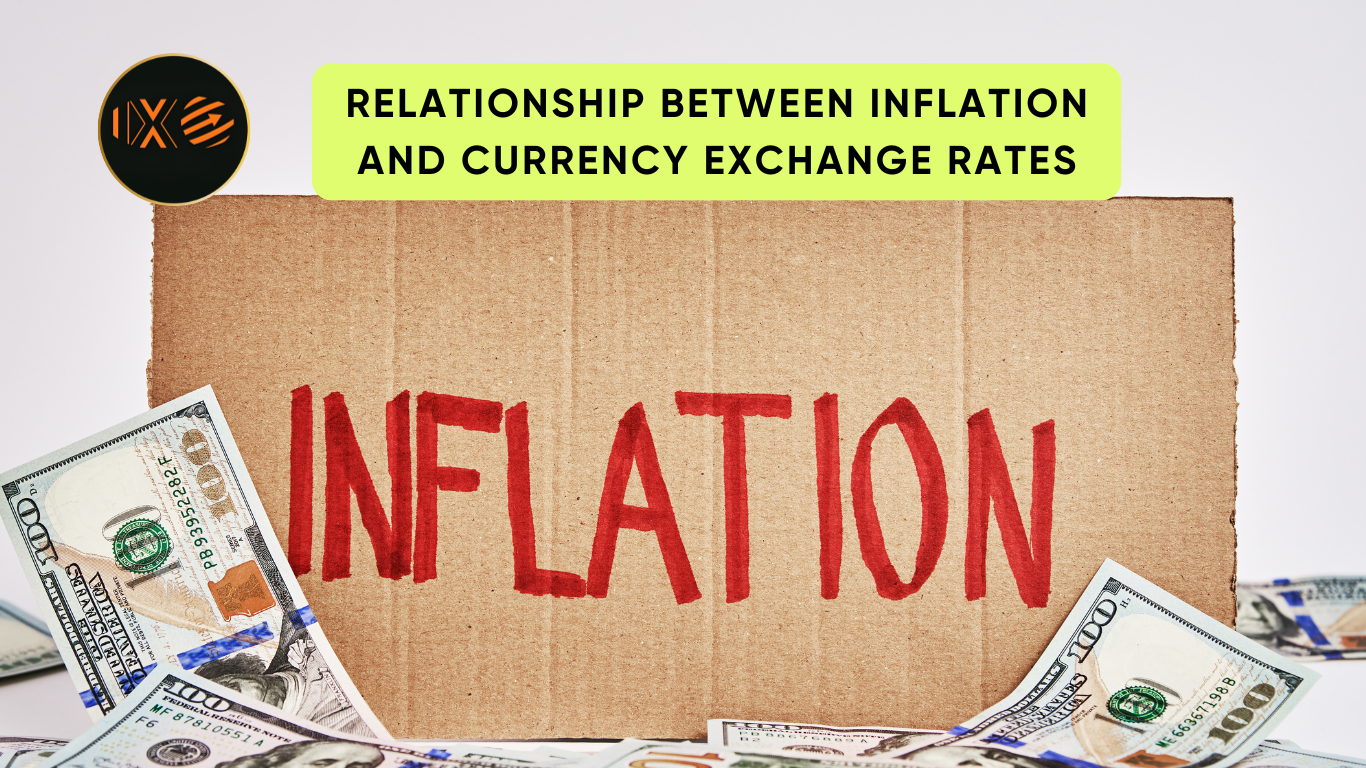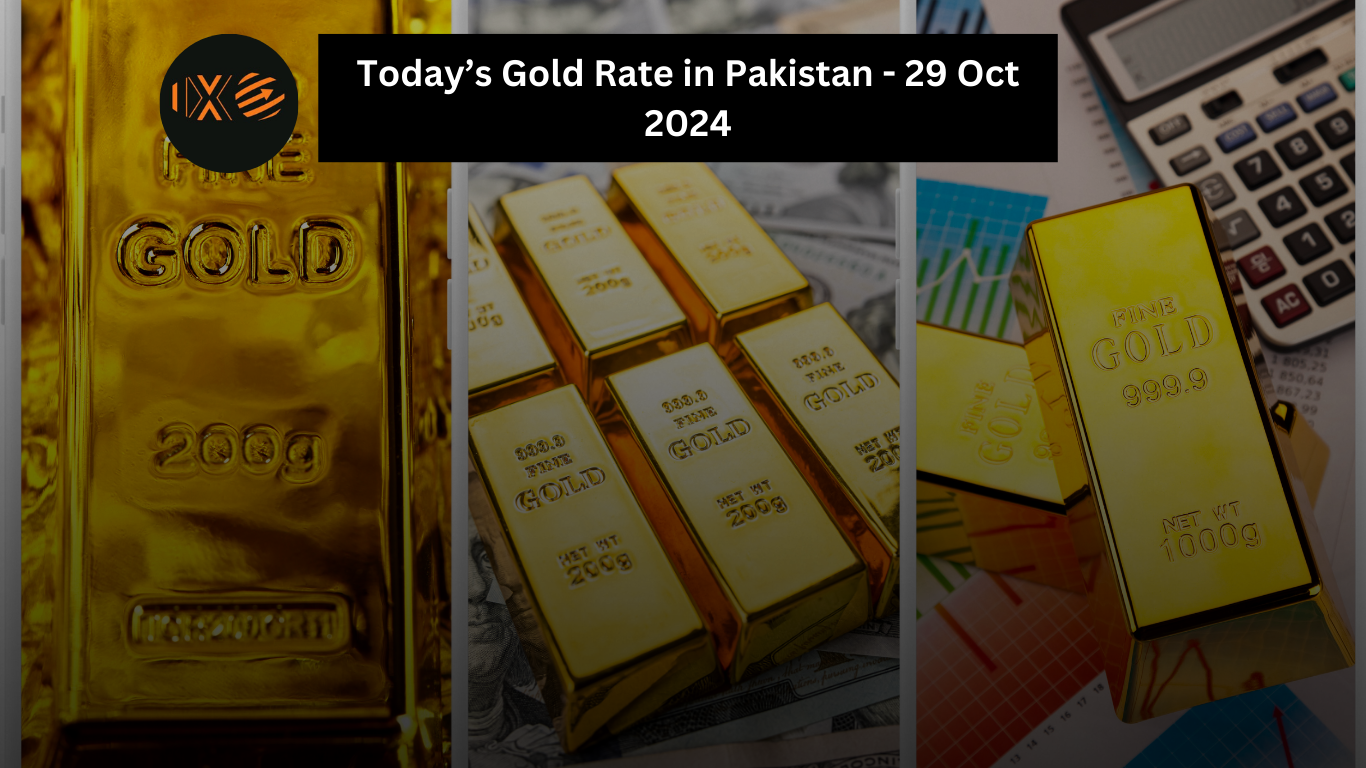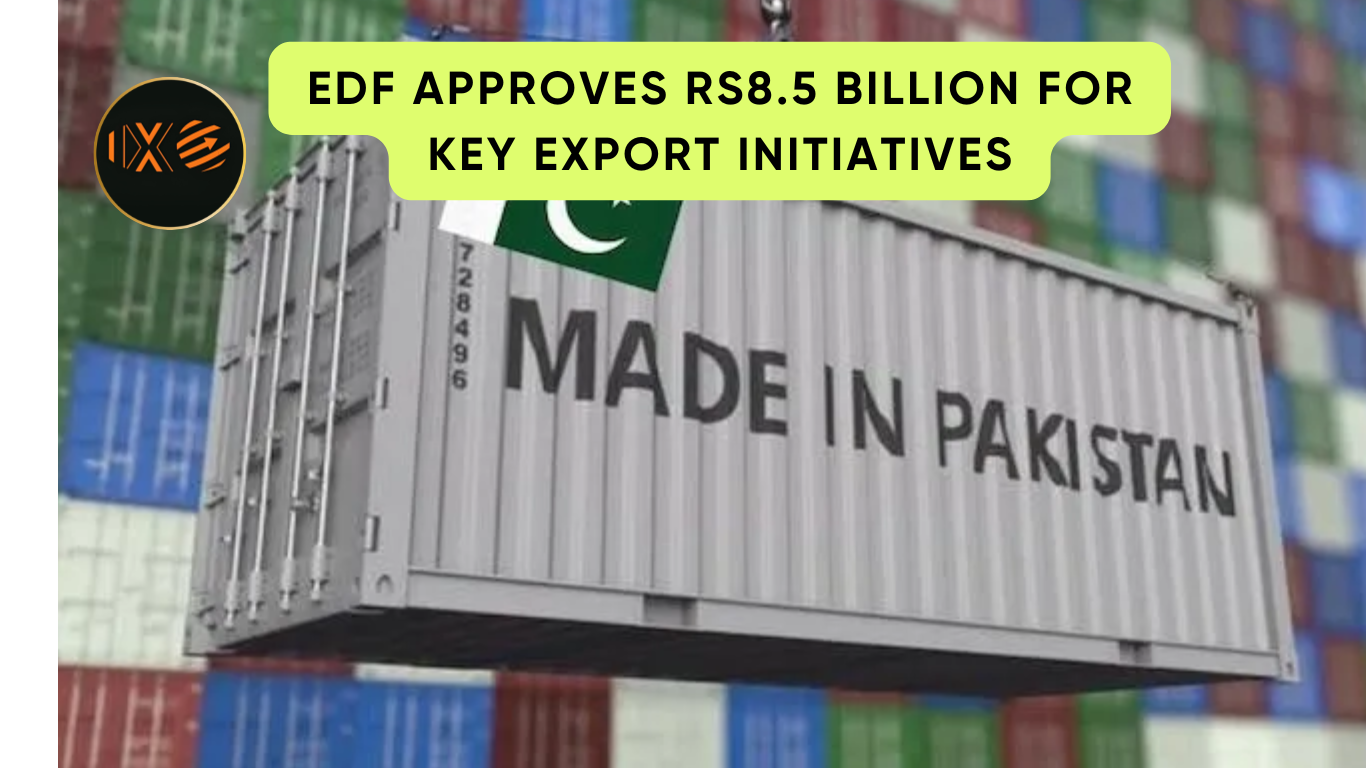Understanding the relationship between inflation and currency exchange rates is essential for navigating the global economy. These two factors significantly influence the economic health of countries, affecting everything from the cost of goods and services to investment returns and international trade. In this comprehensive guide, we will delve into how inflation and exchange rates interact, the factors influencing them, and their broader implications on the economy. Additionally, we will highlight how Islamabad Exchange Company can assist you with reliable and competitive currency exchange services.
Understanding Inflation
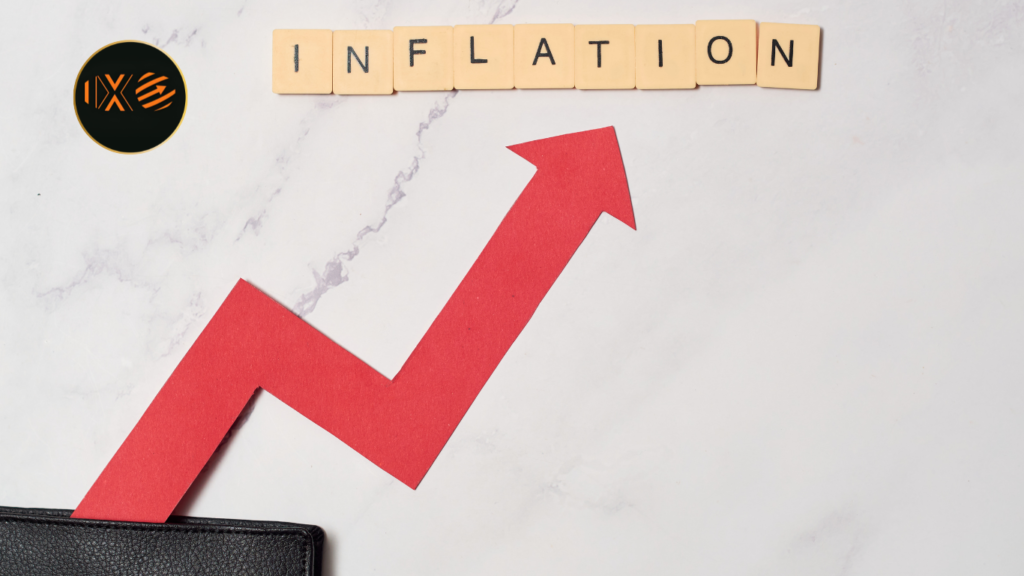
What is Inflation?
Inflation refers to the rate at which the general price level of goods and services in an economy rises over time, leading to a decline in the purchasing power of money. It is a key indicator of economic health and stability, often measured by the Consumer Price Index (CPI) or the Producer Price Index (PPI).
Causes of Inflation
- Demand-Pull Inflation: Occurs when the demand for goods and services exceeds their supply, driving prices up.
- Cost-Push Inflation: Happens when the cost of production increases, causing producers to pass these costs onto consumers through higher prices.
- Built-In Inflation: Expectations of future inflation lead to higher wages and prices, creating a self-reinforcing cycle.
Measuring Inflation
Inflation is usually measured using the Consumer Price Index (CPI), which tracks changes in the price level of a basket of consumer goods and services. A high CPI indicates rising prices, while a low or negative CPI suggests falling prices or deflation.
What Are Currency Exchange Rates?
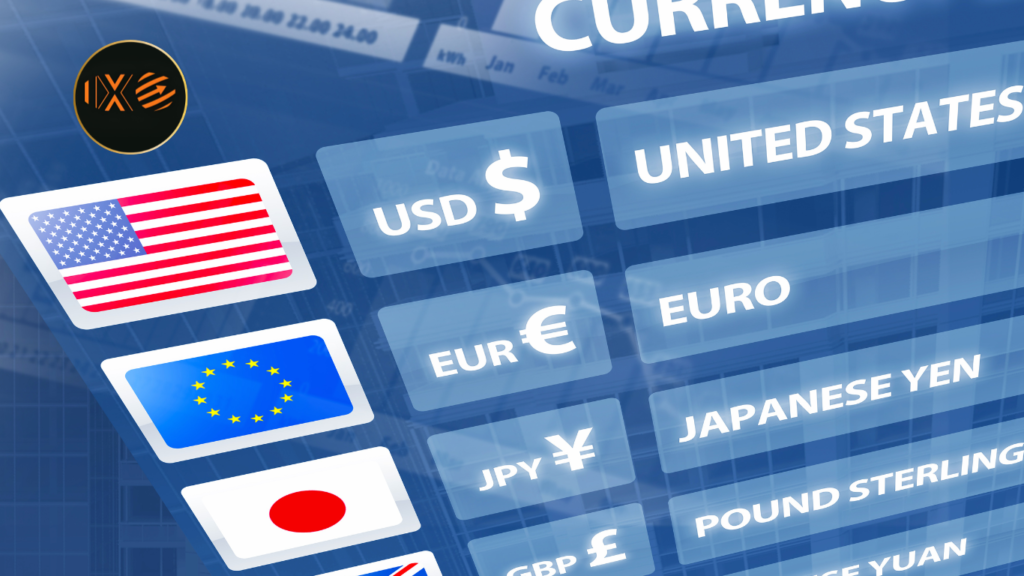
Definition and Importance
Currency exchange rates determine how much one currency is worth in terms of another. They are crucial for international trade, investments, and travel, affecting the cost of importing and exporting goods, the value of investments, and the affordability of travel.
Types of Exchange Rate Systems
- Fixed Exchange Rate: The value of a currency is pegged to another currency or a basket of currencies.
- Floating Exchange Rate: The value of a currency is determined by market forces without direct government or central bank intervention.
- Managed Float: A hybrid system where a currency’s value is primarily determined by market forces but occasionally influenced by central bank interventions.
Factors Affecting Exchange Rates
- Economic Indicators: GDP growth, unemployment rates, and trade balances can impact exchange rates.
- Political Stability: Political events and policies can lead to fluctuations in exchange rates.
- Market Sentiment: Speculations, geopolitical events, and global market trends can cause rapid changes in currency values.
How Inflation Affects Currency Exchange Rates
Inflation has a profound impact on currency exchange rates, influencing a country’s competitiveness, capital flows, and economic stability. Here’s how:
1. Purchasing Power Parity (PPP)
According to the PPP theory, in the long run, exchange rates should adjust so that a basket of goods costs the same in different countries. High inflation in a country means that its goods become more expensive relative to goods in a country with lower inflation, leading to a depreciation of the currency with higher inflation.
2. Interest Rates and Inflation
Central banks often use interest rates to control inflation. Higher interest rates attract foreign capital, leading to currency appreciation. Conversely, lower interest rates can result in a weaker currency. For example, when the State Bank of Pakistan raises interest rates to curb inflation, it can make the PKR more attractive to investors, strengthening its value against other currencies.
3. Capital Flows and Investment
High inflation can deter foreign investment, leading to capital outflows and currency depreciation. Conversely, low and stable inflation with high interest rates can attract foreign investors, bolstering the currency.
Factors Influencing Inflation and Exchange Rates
Monetary Policy
Central banks use monetary policy tools such as interest rate adjustments, open market operations, and reserve requirements to control inflation and influence exchange rates. For instance, tightening monetary policy by raising interest rates can reduce inflation and strengthen the currency.
Interest Rates
Interest rates are a critical factor in determining currency values. Higher interest rates provide better returns on investments, attracting foreign capital and leading to currency appreciation. On the other hand, lower interest rates can discourage investment and weaken the currency.
Political Stability
The Political stability is crucial for maintaining investor confidence. Political uncertainty can lead to capital flight, depreciating the currency, while a stable political environment can attract investment and support a strong currency.
Real-World Examples of Inflation Impacting Exchange Rates
1. Hyperinflation in Zimbabwe
Zimbabwe experienced hyperinflation in the late 2000s, where inflation rates skyrocketed to over 79.6 billion percent per month. The Zimbabwean dollar became worthless, forcing the government to adopt foreign currencies like the US dollar and South African rand.
2. Venezuela’s Economic Crisis
In recent years, Venezuela has faced one of the worst hyperinflation cases in history, with the inflation rate exceeding 1,000,000%. This led to a severe depreciation of the Venezuelan bolivar and the adoption of the US dollar for many transactions.
3. Turkey’s Currency Crisis
Turkey has struggled with high inflation and political instability, leading to significant depreciation of the Turkish lira. In 2021, the lira lost about 30% of its value against the US dollar, exacerbated by unorthodox monetary policies.
These examples demonstrate how inflation can drastically impact a currency’s value, leading to severe economic consequences.
The Role of Central Banks
Central banks play a crucial role in managing inflation and exchange rates to ensure economic stability.
Functions of Central Banks
- Monetary Policy Management: Central banks use monetary policy tools such as interest rates, reserve requirements, and open market operations to control money supply and inflation.
- Foreign Exchange Reserves Management: Central banks maintain foreign exchange reserves to stabilize the currency and manage exchange rate volatility.
- Regulatory Oversight: Central banks oversee the financial system to ensure stability and prevent systemic risks.
The State Bank of Pakistan
The State Bank of Pakistan (SBP) is responsible for managing Pakistan’s monetary policy, including controlling inflation and maintaining currency stability. The SBP uses tools like the interest rate corridor and market-based exchange rate systems to achieve these goals.
Impact of Inflation on International Trade
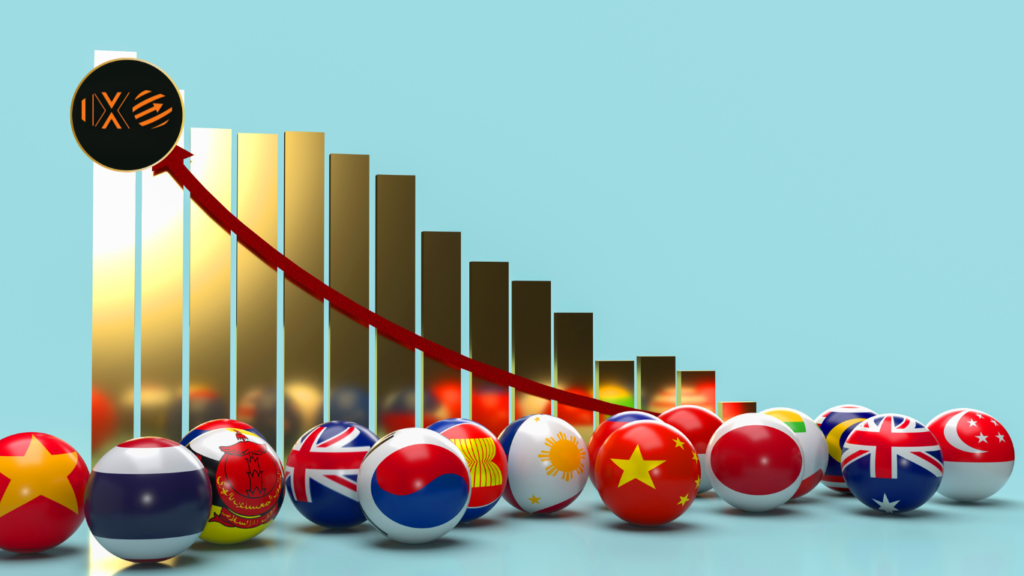
Export Competitiveness
High inflation can make a country’s exports more expensive, reducing demand from international buyers. This can lead to a decline in export revenue and a weakening of the currency.
Import Costs
High inflation can also increase the cost of imports, as foreign goods become relatively cheaper. This can lead to an unfavorable trade balance and put further downward pressure on the currency.
Exchange Rate Pass-Through
This phenomenon describes how changes in the exchange rate affect domestic prices. A weaker currency makes imports more expensive, contributing to higher inflation, while a stronger currency can lower inflation by making imports cheaper.
Inflation, Exchange Rates, and Foreign Investment

Foreign Direct Investment (FDI)
Stable inflation and exchange rates are attractive to foreign investors looking to establish businesses in a country. High inflation and volatile exchange rates, however, can deter FDI due to increased uncertainty and risk.
Portfolio Investment
Investors in financial assets are highly sensitive to inflation and exchange rates. High inflation can erode returns, while a depreciating currency can result in capital outflows as investors seek more stable environments.
Hedging Against Exchange Rate Risks
Investors and businesses often use hedging strategies, such as forward contracts and options, to protect against exchange rate fluctuations and manage risk.
Managing Inflation and Exchange Rate Risks
Individuals and businesses can adopt several strategies to mitigate the risks associated with inflation and exchange rate volatility.
For Businesses
- Hedging: Use financial instruments like futures and options to lock in exchange rates and protect against currency fluctuations.
- Diversification: Reduce dependency on a single currency by diversifying operations and investments across multiple markets.
- Cost Control: Implement cost-cutting measures to maintain profitability in the face of rising production costs due to inflation.
For Individuals
- Foreign Currency Accounts: Holding savings in foreign currency accounts can protect against domestic inflation and currency depreciation.
- Investment in Inflation-Protected Securities: Consider investing in assets like Treasury Inflation-Protected Securities (TIPS) that adjust for inflation.
- Real Estate Investment: Property values often rise with inflation, providing a hedge against the erosion of purchasing power.
Islamabad Exchange Company: Your Trusted Partner
Navigating the complexities of inflation and currency exchange rates requires reliable and professional assistance. Islamabad Exchange Company is your trusted partner for all your currency exchange needs. Here’s how we can help:
Comprehensive Currency Exchange Services
We offer competitive rates and a wide range of currencies, including USD, GBP, EUR, SAR, AED, AUD, CAD, Thai Baht, Yuan, Yen, and Lira.
Convenient Locations
Our services are available across multiple sectors in Islamabad, including E9, E11, F11, F-10, F-8, F-7, F-6, F-5, G-5, G-6, G-7, G-8, G-9, G-10, G-11, G-13, H-8, H-9, I-8, I-9, and I-10. We also have branches in the Blue Area, Rawalpindi, and Peshawar.
Competitive and Transparent Rates
We provide real-time exchange rates on our website to ensure transparency and trust in every transaction.
Customer-Centric Approach
Our priority is customer satisfaction, ensuring a smooth and reliable service for all your currency exchange needs.
Contact Us:
- Phone: 051-2809751-52, 051-2105491
- Mobile: 0330-1112227
- Visit Our Website
Quick Links
- Home: Learn more about our services and get real-time updates on exchange rates.
- About Us: Discover our mission and commitment to providing secure and competitive currency exchange services.
- Contact: Reach out to us with any queries or for assistance with your currency exchange needs.
- Blog: Stay updated with our latest articles and tips on currency exchange and financial management.
Conclusion
The relationship between inflation and currency exchange rates is complex and multifaceted, impacting everything from consumer prices to international trade and investment. Understanding these dynamics is crucial for making informed financial decisions, whether you’re a business managing exchange rate risks or an individual looking to protect your savings from inflation.
Islamabad Exchange Company is here to support you with expert guidance and competitive rates, making your currency exchange experience smooth and transparent. With a focus on customer satisfaction and a commitment to excellence, we are your trusted partner in navigating the ever-changing landscape of global finance.
